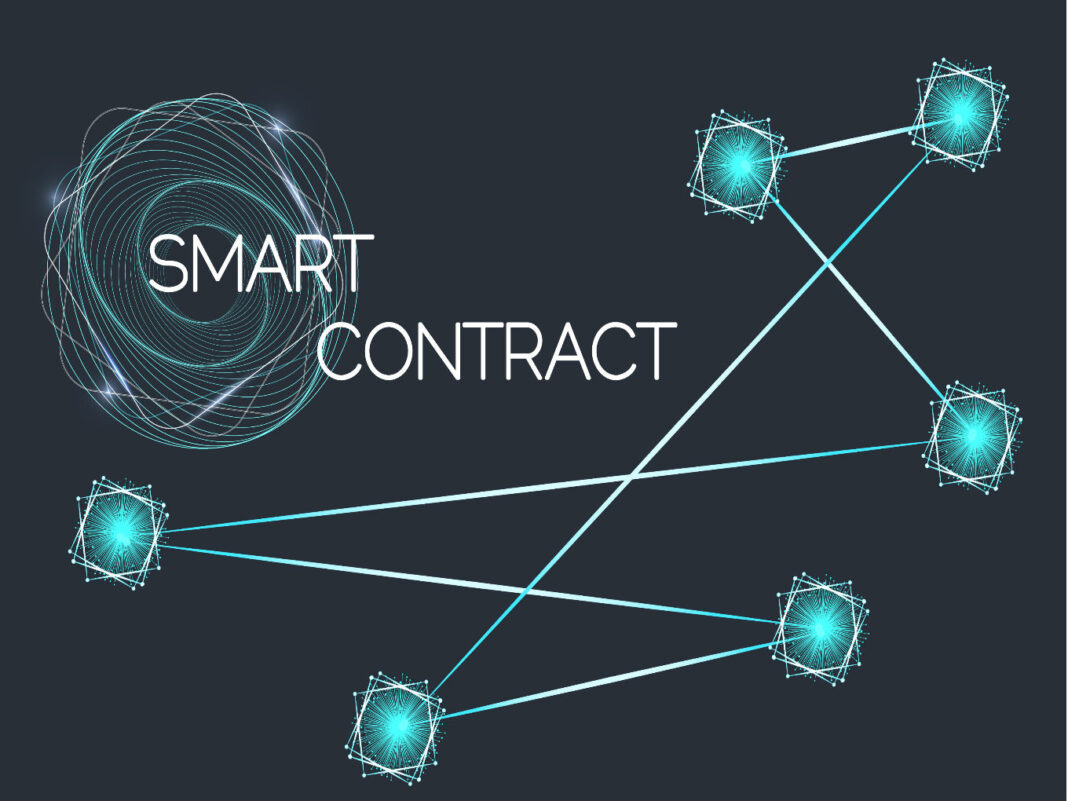The deployment of a smart contract on Ethereum may feel like it’s a piece of code that someone would be unable to stop or hinder in any way. However, there is a paradox to it: the blockchain itself is airtight, but it’s unable to see the real world.
Blockchains are hermetic systems. They can’t “see” weather reports, stock prices, sports scores, or random numbers. That is a big issue, since the majority of practical applications require real-life data.
How can we plug this gap so it does not undermine the protection and decentralization that we hold near and dear?
The answer is decentralized oracles.
What Are Oracles, and Why Do They Matter?
A blockchain oracle is any system that delivers off-chain data to an on-chain smart contract.
Examples of what they can deliver:
- ETH/USD price from multiple exchanges
- Rainfall data for crop insurance
- Final scores of sports events
- Random number generation for games
- API results from legacy systems
The Challenge: If you trust a single source (like a centralized API), your smart contract isn’t trustless anymore — it’s only as strong as that source.
The solution is decentralized oracles. In this case, they will collect the information on different nodes and certify it with the aid of consensus mechanisms.
How Decentralized Oracles Work
- Query initiated: A smart contract requests external data (e.g., price, random number, weather).
- Multiple nodes respond: Independent oracle nodes fetch and submit data.
- Aggregation logic runs: The contract calculates an average, median, or weighted result.
- Consensus validates data: Discrepancies or manipulations are slashed or rejected.
- Data is finalized and sent: The validated information is used by the contract.
The cases of such projects are Chainlink, API3, Band Protocol, and UMA that offer full oracle frameworks with various incentive systems, slashing penalties, and mechanisms of governance.
Real Use Case: Ethereum Casinos
Online gambling and games such as Ethereum-based casinos are transparent and built on randomness. The result of the dice roll, a spin of the roulette, or a shuffle of cards cannot be manipulated by anyone, including the house, or a third-party server. On-Chain casinos have two significant issues that oracles eliminate:
- Random Number Generation (RNG): Generates truly unpredictable results, typically by cryptography or by using some real-world randomness.
- Provable Fairness: All the outcomes of games are clear, verifiable as a fair game, and not subsequently subject to modification.
Even sites like CryptoManiaks help make such platforms less incomprehensible, providing clear reviews and explanations to enable the player to stick to the idea of playing Ethereum games without any fear.
Other Oracle-Powered Applications
Oracles go far beyond gaming. Here’s where they’re making a serious impact:
1. DeFi Protocols (Decentralized Finance)
- Use case: Price feeds for assets in lending, borrowing, or synthetic token platforms.
- Example: Aave and Compound use oracles to prevent liquidation fraud during price volatility.
2. Decentralized Insurance
- Use case: Crop insurance, travel delay refunds, parametric insurance.
- Example: Etherisc uses weather oracles to automatically trigger payouts to farmers.
3. Prediction Markets
- Use case: Who won the election? What was the Olympic medal count?
- Example: Augur and Polymarket resolve bets based on oracle-fed data.
4. Identity and Credentials
- Use case: Education, employment, and identity checks.
- Example: Oracle’s link external records to digital wallets for decentralized identity (DID) systems.
The Risks
There is no flawless technology. Oracles introduce new vulnerabilities:
- Sybil attacks: False nodes can fabricate data to beat the results.
- Latency and downtime: Other oracles respond slowly or have outages.
- Cost: Verifiable randomness or high-frequency price updates can be expensive on-chain.
- Governance capture: A few large stakeholders may dominate decisions about data sources or node policies.
Such is the reason that the majority of oracle protocols at a mature stage employ a combination of economic (staking, rewards) and technical drivers (on-chain validation, redundancy) to strengthen their systems.
What’s Coming Next?
The Oracle space is rapidly evolving. Here’s what we can expect:
Cross-Chain Oracles
Data-sharing protocols like Chainlink CCIP are becoming available to share blockchain data, so an oracle deployed to Ethereum would be similarly usable in other blockchains, such as Solana or Arbitrum.
Regulation and Standards
As financial systems and customer platforms are implemented on oracles, it will also be probable that they develop KYC, audit trails, and compliance layers.
Composability in Web3 Stacks
Future apps will “plug into” Oracle networks like they do with RPC nodes today. Oracles will become a standard infrastructure layer for all dApps.



